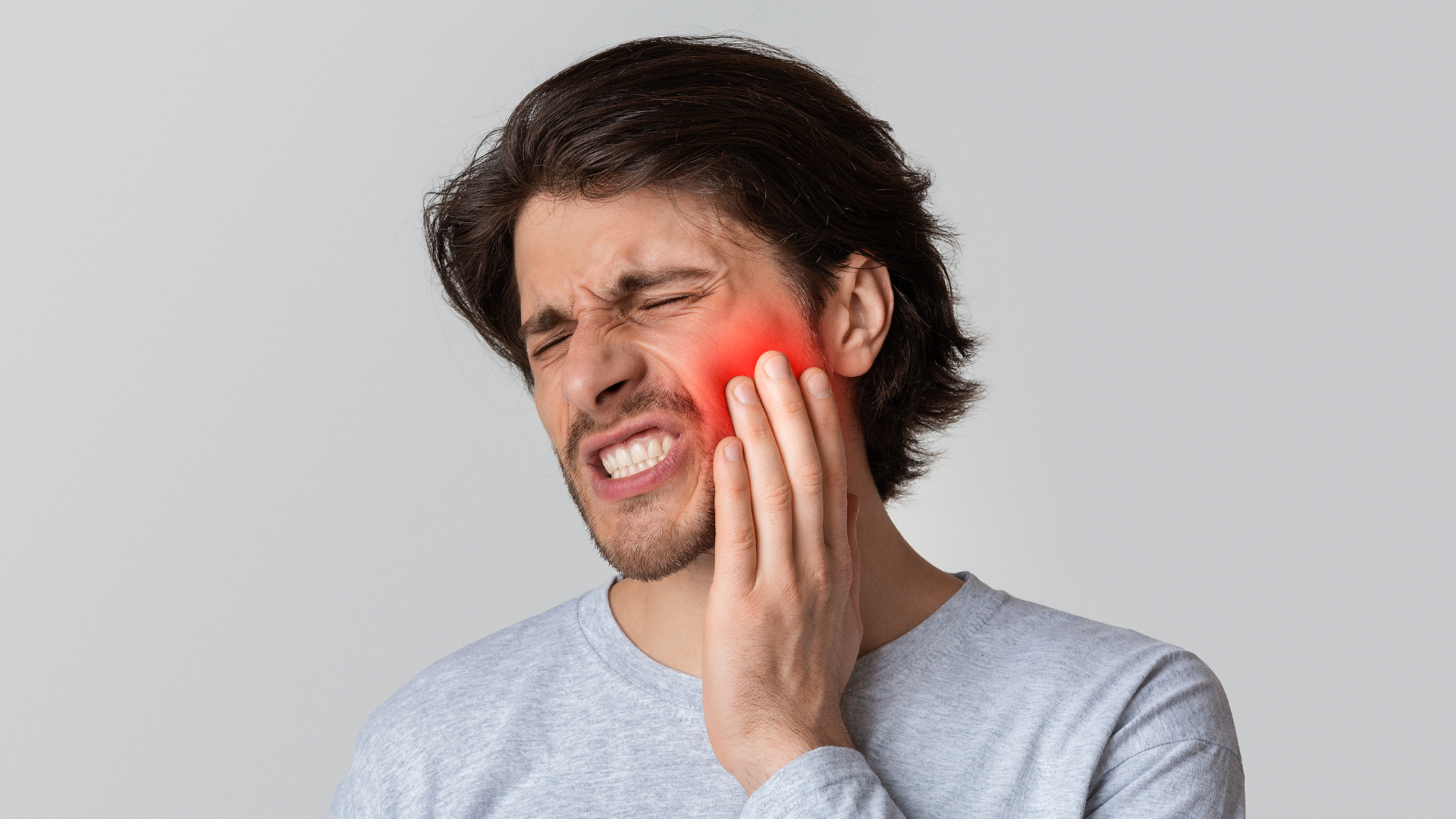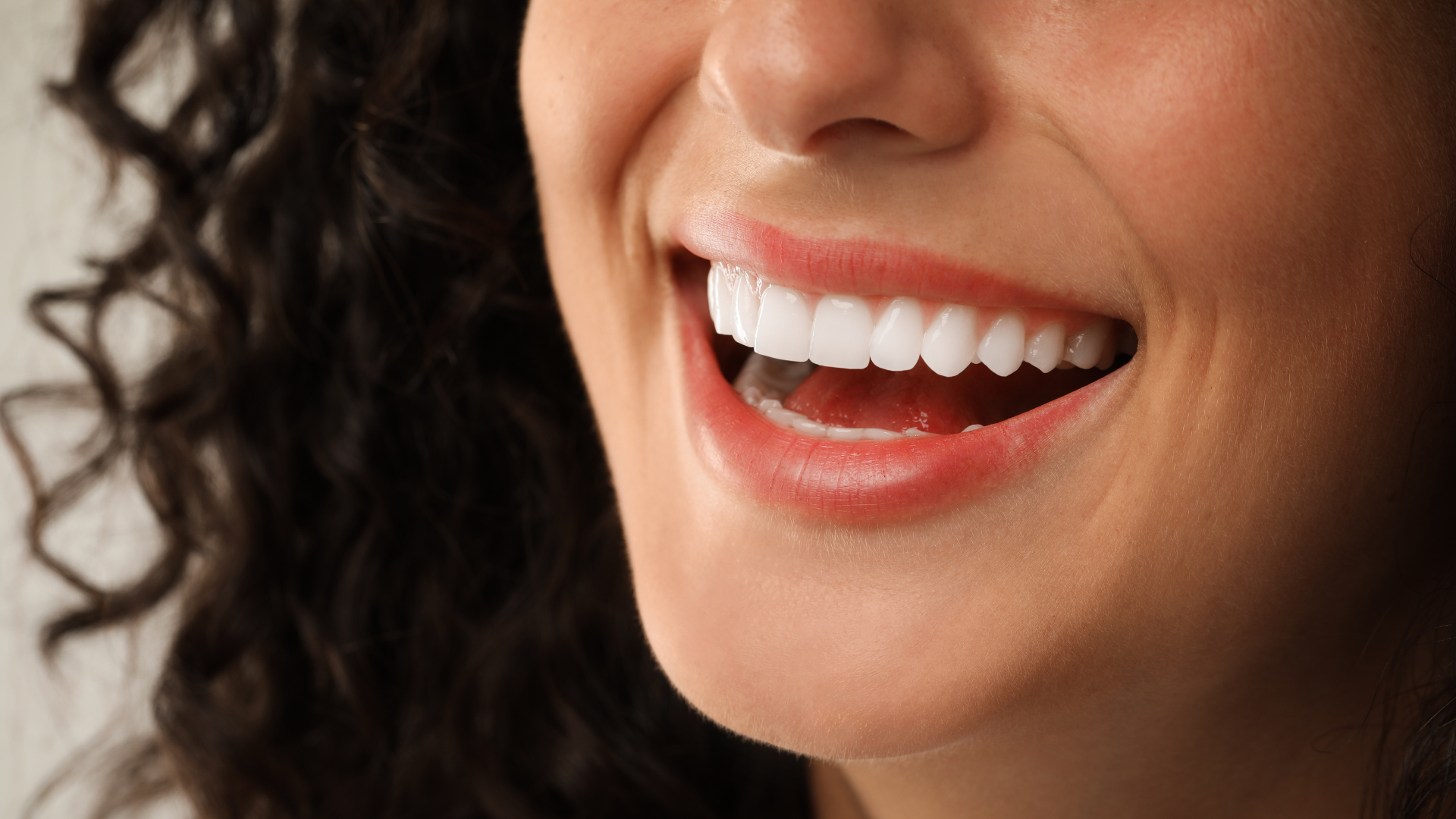What to Do in a Dental Emergency: A Quick Guide
Introduction
Understanding Dental Emergencies
Dental emergencies can strike unexpectedly, leaving you in pain and uncertain about what steps to take next. In this guide, we break down the essentials of handling a dental emergency with clear, actionable advice. Whether you’re dealing with a knocked-out tooth, severe toothache, or a chipped or broken tooth, being prepared can make all the difference. We’ll cover what qualifies as a dental emergency, the immediate steps to take, and when professional help is necessary.
Recognizing a Dental Emergency
The first step in managing a dental crisis is to recognize the signs that indicate you are experiencing an emergency. Dental emergencies are not limited to visible injuries; severe pain, swelling, and unexpected bleeding can also signal urgent issues. Knowing what symptoms require immediate attention is crucial to preventing further damage or infection. Common indicators include extreme sensitivity, uncontrollable bleeding, and sudden loss of a filling or crown. Recognizing these signs early allows you to act swiftly and seek proper care before complications arise.
Immediate Actions: What You Should Do
When you suspect you are facing a dental emergency, the actions you take in the first few minutes are vital. First, remain calm and assess your symptoms to determine the severity of the situation. If you’re experiencing intense pain or severe bleeding, contact your dentist immediately for guidance. In cases such as a knocked-out tooth, time is of the essence—gently rinse the tooth with water, avoid touching the root, and try to reinsert it if possible. Quick, appropriate measures can often save your tooth and reduce the need for extensive treatment later.
Handling a Knocked-Out Tooth
A knocked-out tooth is one of the most critical dental emergencies, and proper handling can increase the chances of successful reattachment. If a tooth is completely dislodged, pick it up by the crown, not the root, to avoid damaging the delicate tissues. Rinse the tooth gently with water if it’s dirty, but do not scrub it, as this can harm the periodontal ligament fibers essential for reattachment. If possible, place the tooth back into its socket or store it in a container with milk, then seek emergency dental care immediately.
Managing Severe Toothache
Severe toothache can be not only painful but also indicative of underlying issues such as infection or abscess. If you experience a sudden, intense toothache accompanied by swelling or fever, it’s important to seek professional help without delay. While waiting for your dental appointment, over-the-counter pain relievers and cold compresses may help alleviate discomfort temporarily. Avoid placing aspirin directly on the gums, as this can cause irritation.
Dealing with Chipped or Broken Teeth
A chipped or broken tooth may seem minor at first, but it can lead to more serious complications if left untreated. If you notice a small chip, save any broken pieces and rinse your mouth with warm water to clean the area. For larger breaks or cracks, try to cover the area with a piece of sugarless gum or dental cement (available over-the-counter) to reduce pain until you can see your dentist. Avoid chewing on the affected side and stick to soft foods. This precautionary approach can help minimize further damage until you receive professional treatment.
Managing Lost Fillings or Crowns
Losing a filling or crown can expose your tooth to sensitivity and discomfort, increasing the risk of further damage or decay. If you lose a filling, gently clean the area and apply dental cement, which can be found at most pharmacies, as a temporary fix. For a lost crown, try to locate it and keep it safe; in some cases, your dentist might be able to re-cement it. Avoid chewing on that side of your mouth until you can schedule an appointment with your dentist. These temporary measures are designed to provide relief until permanent repair is performed by a professional.
Pain Relief and Temporary Remedies
Managing pain is a primary concern during a dental emergency, and while temporary measures won’t replace professional treatment, they can provide much-needed relief. Over-the-counter pain medications like ibuprofen or acetaminophen can help manage pain, but it’s essential to follow the recommended dosage. Cold compresses applied externally on the affected area can reduce swelling and numb the pain. Avoid extremely hot or cold foods and beverages, as these can exacerbate sensitivity. Always consult with your dentist for the best pain management practices tailored to your specific situation.
When to Seek Immediate Professional Help
Not every dental issue can be managed at home, and understanding when to seek professional help is critical. If you experience persistent pain, uncontrollable bleeding, significant swelling, or if you suspect an infection, contact your dentist immediately or visit an emergency dental clinic. Dental emergencies, such as a knocked-out tooth or severe abscess, require prompt professional intervention to prevent long-term damage. Don’t hesitate to reach out for help—delaying treatment can lead to more complicated and costly procedures later. Recognize that early professional intervention is often the key to successful treatment outcomes.
Aftercare: Protecting Your Smile Post-Emergency
After receiving emergency dental treatment, proper aftercare is essential to ensure a smooth recovery and prevent future issues. Follow your dentist’s instructions carefully, including taking prescribed medications and attending follow-up appointments. Maintaining excellent oral hygiene is crucial; brush gently and floss as recommended to keep the affected area clean. Avoid hard or sticky foods that could disrupt the healing process.
Preventive Measures to Avoid Future Emergencies
Prevention is always better than cure, and there are several strategies you can employ to reduce the risk of dental emergencies in the future. Regular dental check-ups and cleanings help identify potential issues before they become emergencies. Wearing protective gear such as mouthguards during sports or other high-impact activities can safeguard your teeth from trauma. Additionally, maintaining a balanced diet and avoiding habits like nail-biting or chewing on hard objects can help preserve your dental health. Incorporating these preventive measures into your routine can save you time, discomfort, and costly treatments down the road.
Long-Term Solutions and Dental Restoration
For those who have experienced a dental emergency, long-term solutions may be necessary to restore function and aesthetics. Depending on the severity of the damage, options may include dental crowns, bridges, or even implants. Discussing these possibilities with your dentist is important for developing a comprehensive treatment plan that not only addresses the immediate issue but also improves your overall dental health. Advances in restorative dentistry have made it possible to achieve durable and natural-looking results that can withstand the test of time.
Conclusion
Stay Calm and Act Swiftly
In a dental emergency, your ability to stay calm and take prompt, informed action is essential for minimizing damage and ensuring a speedy recovery. From recognizing the signs of an emergency to knowing the immediate steps to take, being prepared can make all the difference. While temporary remedies may provide relief, seeking professional dental care is crucial for proper treatment and long-term oral health. We hope this guide has provided you with the knowledge and confidence to handle dental emergencies effectively. Remember, your smile is important—don’t hesitate to contact a dental professional when you need help.




